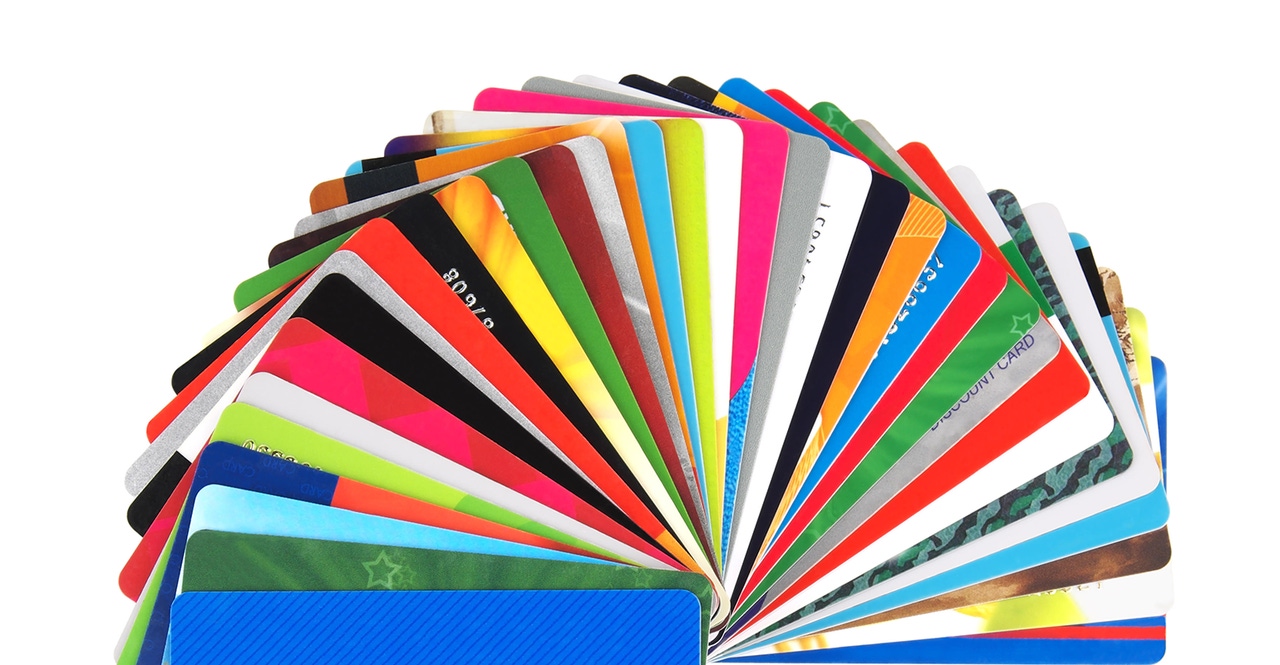Beyond Plastics Urges Consumers to Avoid Plastic Gift Cards This Holiday Season
With 17 percent of Americans hoping to receive gift cards for the holidays, Beyond Plastics is urging consumers to utilize alternatives to typical plastic PVC gift cards. Holding numerous controversies and complications, the organization is hoping to encourage the use of paper or electronic gift cards this holiday season.

Seventeen percent of Americans stated wishing for gift cards as gifts for the holiday season, according to a survey from DealDrop.
Tough other means of giving gift cards continue to rise, many of the cards produced are made with a material known as Polyvinyl Chloride (PVC) - a material that is not only poisonous to produce but also extremely difficult and in most cases impossible to dispose of.
“The EPA is currently considering classifying PVC waste as hazardous waste,” remarks a new Beyond Plastics report.
Eve Fox, digital director of Beyond Plastics discusses the underlying concerns with plastic gift cards. Because of their shape, any type of flat plastic gift card is unaccepted by curbside recycling collectors as they create complications with different technologies and sorting processes.
“No type of flat plastic is accepted in curbside recycling bins because flat plastics are sorted with flat paper and cardboard and contaminate those bales,” says Fox.
This means they must be sent to landfills, and doing this secures the product's fate. Another reason the product is not accepted by recyclers is due to a lack of value.
PVC is a material with very difficult recycling obstacles to overcome–such as its shape, as mentioned–and little reward once recycled.
“PVC waste is not worth recycling, because virgin PVC is so cheap,” shares Fox.
This is the same reason there is not much research into the possibility of establishing an efficient and functional recycling system for the material.
“There is no value in investing in research," she says. "It is much cheaper and cleaner to just switch to non-toxic paper or electronic gift cards."
Fox demonstrates an attitude similar to Beyond Plastic’s wider perspective on the issue. The organization urges consumers and corporations to switch to digital gift cards, as they do not require plastic waste or cards made of paper.
Though Beyond Plastics has just recently begun its journey towards advocating the switch to electronic or paper gift cards, the switch already has begun, largely because of the COVID-19 pandemic, where retailers increasingly began to use electronic cards.
This has led market researchers to predict that the adoption of digital gift card sales among businesses will see a 23 percent increase by the year 2025, according to research by INCISIV.
The necessity to switch to alternative gift cards becomes more clear once expanding beyond the scope of just the United States. While many other countries have similarly established legislation against the disposal of PVC gift cards in landfills, these laws are routinely broken by United States waste exports.
“U.S. PVC waste exports are violating the laws of countries that ban PVC imports, such as Malaysia, India, Turkey, and Mexico,” Beyond Plastic notes.
Fox asserts the following closing comment: “A safe, inexpensive alternative to PVC cards exists - either paper or electronic - and there is no excuse for retailers to continue to spew PVC cards across the country."
About the Author
You May Also Like




